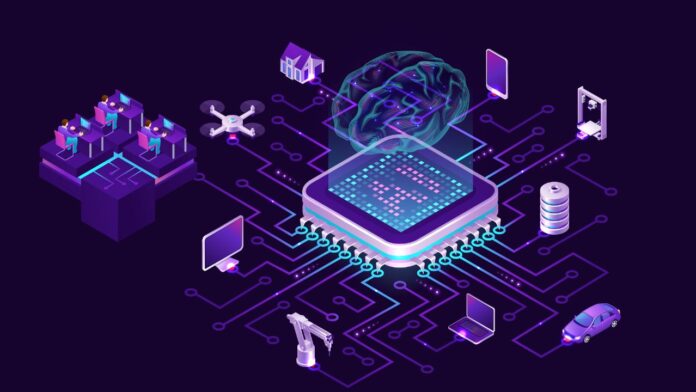With the advent of cutting-edge software innovations, the mobility industry is undergoing a huge technological shift. Combining human-made components with a dash of intelligence has boosted the mobility business. This sector is unlocking new prospects for streamlining transportation networks, increasing safety measures, and providing personalized experiences to passengers by leveraging the power of advanced software and embedded technologies and data-driven insights.
The ability of mobility systems to deliver services that are accessible, effective, dependable, safe, affordable, and environmentally friendly has been significantly enhanced through the application of the emerging technology. These innovations have transformed the way we travel, opening up new opportunities and enhancing numerous facets of transportation. Car makers use control systems, sensors, and actuators to develop new features, which increases the amount of software and electronic parts in the car.
One of the primary areas in a vehicle where software has had a significant impact is Infotainment. Advanced multimedia systems in today’s vehicles enable a seamless mix of entertainment, communication, and navigation. Drivers and passengers can have a personalized and immersive experience during their journeys thanks to software integration. From listening to music to accessing real-time traffic updates, or using voice-activated commands, infotainment technology has converted regular commutes into convenient and pleasurable experiences.
Software advancements have heralded a new era of safety in the mobility industry. From advanced driver assistance systems (ADAS) to self-driving cars, software plays a critical role in improving road safety while minimizing fatalities. These safety features integrate advanced algorithms and sensors to identify potential threats, alert drivers, and even take action to prevent collisions. Vehicles can make quick decisions that prioritize safety by combining data from cameras, radar, and lidar sensors with smart software solutions.
Additionally, cloud solutions have also become a game-changer in the mobility industry. By leveraging the power of the cloud, vehicles can easily communicate with each other, enabling a more efficient and connected mobility ecosystem. The need for human interaction has been reduced thanks to cloud-based software solutions that enable real-time and over-the-air (OTA) updates, remote diagnostics, and so on.
Due to the continual growth of connected, autonomous, and shared automotive technologies, software development now necessitates specialized embedded engineering expertise. This niche area demands a deep understanding of automotive systems, safety regulations, and the unique challenges associated with vehicular software development. Only a few Indian technology companies offer software and embedded solutions to Automotive Industry, Tata Consultancies, Tech Mahindra, L&T Infotech, and brigosha Technologies to name a few. Mid-sized enterprises like brigosha Technologies, a Bangalore-based technology company, have gained prominence in the realm of Automotive innovations, establishing their expertise across Automotive, Internet of Things (IoT), and Cloud space. It is fascinating to witness the expansion of such organizations that are reshaping the landscape by making significant contributions to automotive research and development (R&D) to address challenges and implement effective risk-reduction tactics for a safer driving experience.
Visit: https://www.brigosha.com/





















